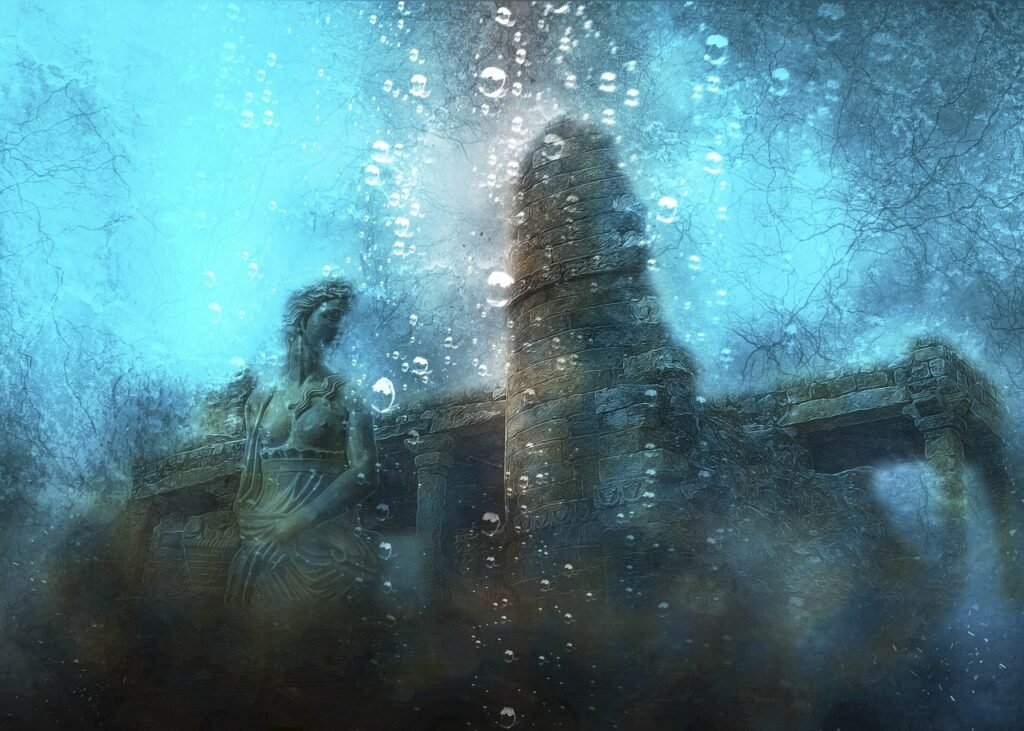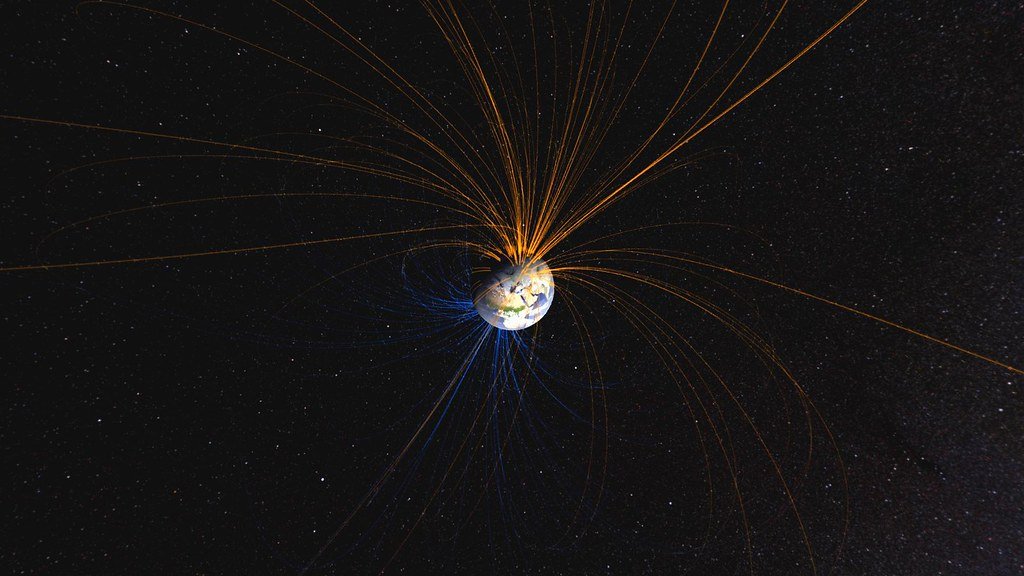The legendary tale of Atlantis has captured human imagination for over two millennia, sparking countless expeditions, debates, and theories about its possible existence. But today’s archaeologists are approaching this ancient mystery in entirely new ways. Rather than dismissing it as pure myth or desperately searching for a sunken city, they’re examining how real discoveries of submerged civilizations, advances in underwater archaeology, and fresh perspectives on ancient texts are fundamentally changing how we understand the story Plato told. This shift isn’t just about finding Atlantis – it’s about understanding how myths, memories, and real historical events intersect in ways that might have been unimaginable just decades ago.
The Reality of Sunken Worlds Beneath Our Seas
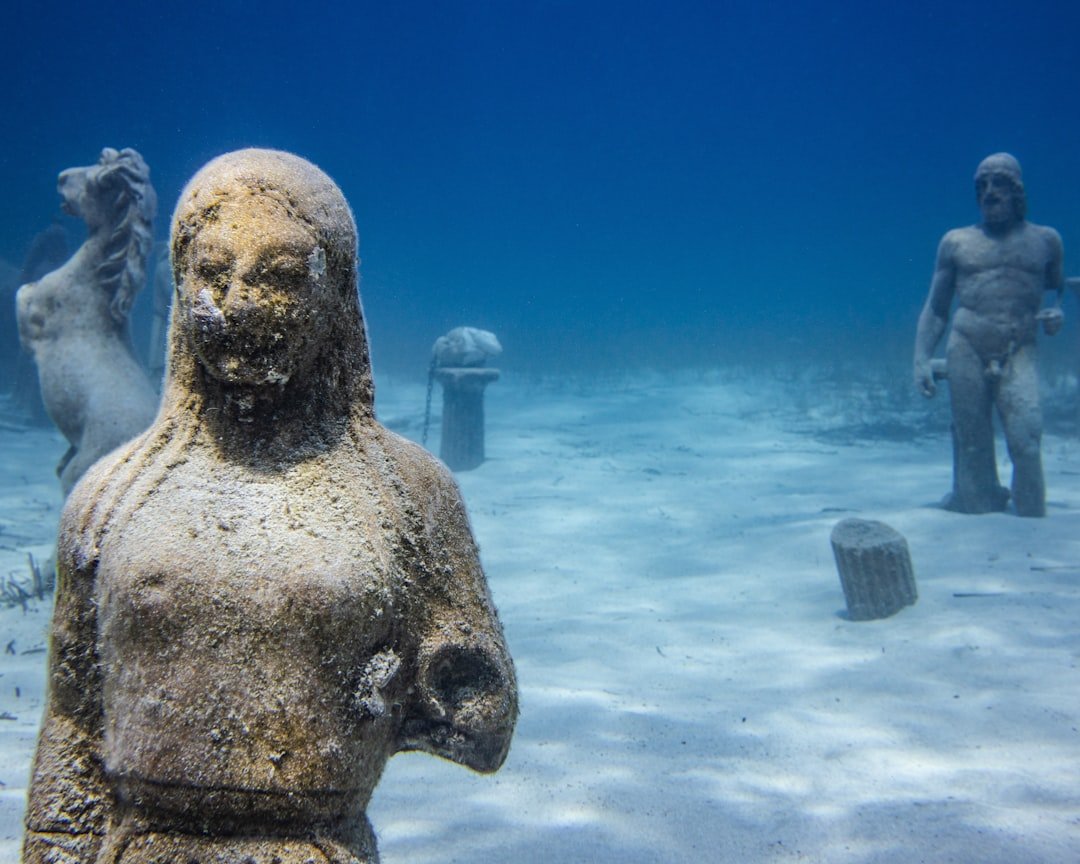
The ocean floor tells stories that archaeologists are only beginning to read. In the past few years, researchers have been stunned by the scale of prehistoric settlements hidden beneath the waves. Recent studies using computer modeling have revealed how ancient peoples spread across now-submerged landmasses, with archaeologists discovering submerged ancient Aboriginal archaeological sites, recovering numerous stone artifacts that had lain on the seabed for thousands of years. These aren’t isolated finds but evidence of entire civilizations that once thrived where water now reigns.
Scientists have made groundbreaking underwater discoveries off Indonesia’s coast, finding skull fragments of Homo erectus beneath the sea in the Madura Strait, providing what experts believe may be the first physical evidence of Sundaland, a vast prehistoric landmass that once connected Southeast Asia. The implications are staggering – if massive populated regions can disappear beneath rising seas, leaving only scattered clues, then the fundamental premise of Atlantis becomes far less fantastical.
Revolutionary Discoveries in Mediterranean Waters
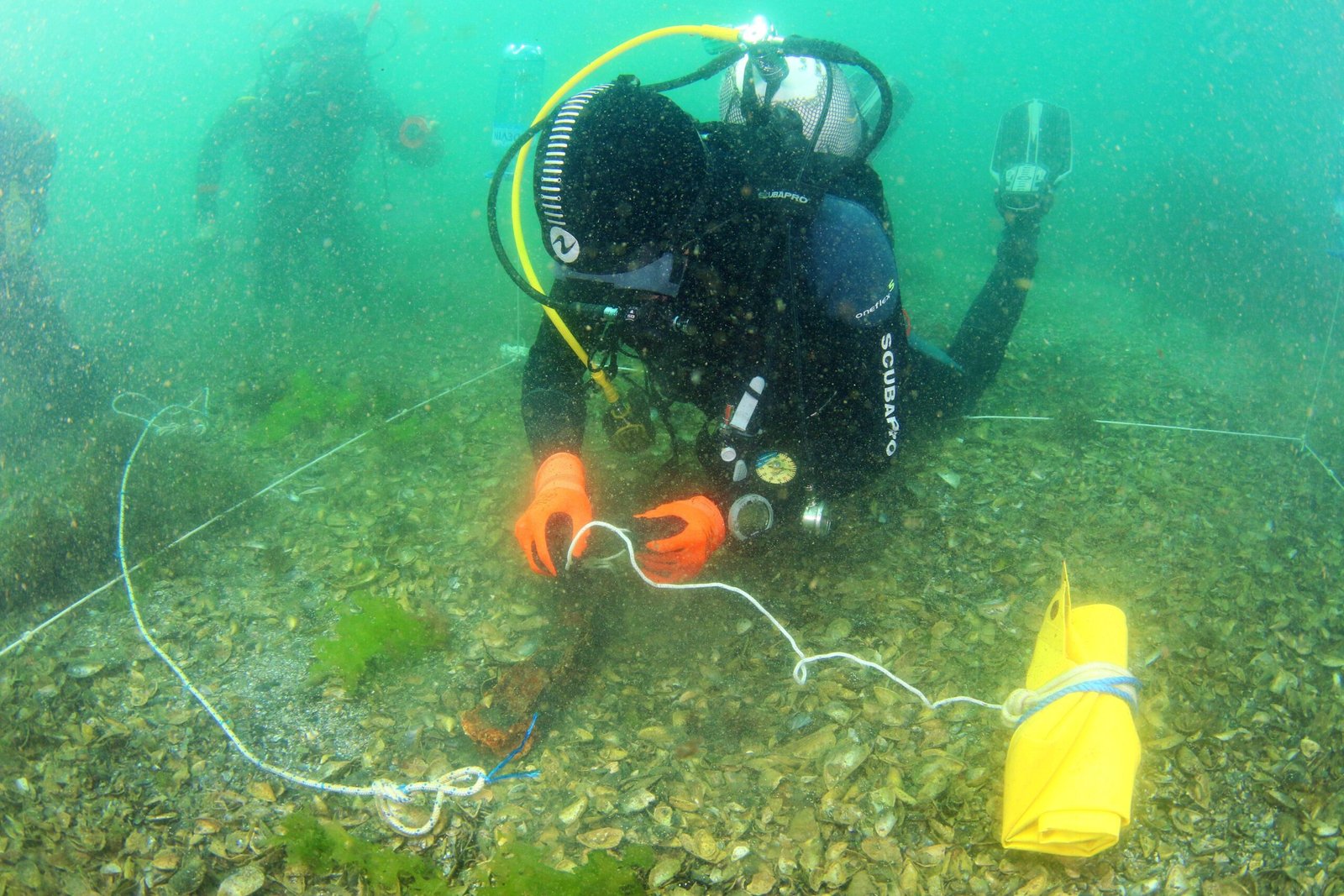
The Mediterranean Sea has become archaeology’s most exciting underwater frontier. Archaeologists and divers retrieved a trove of ancient treasures from a 2,000-year-old sunken city off the coast of Alexandria, Egypt, with cranes carefully lifting ancient artifacts from shallow seawater throughout the day. But these aren’t random archaeological finds – they represent systematic evidence of how coastal civilizations repeatedly faced catastrophic submersion.
The underwater city of Heracleion, also known as Thonis, has been recognized as a treasure trove of information on both ancient Egyptian and Greek cultures, serving as Egypt’s obligatory first port for Greek access before Alexandria’s foundation in 331 BC, and was rediscovered in 2000 by the European Institute for Underwater Archaeology. What’s remarkable is how these discoveries match many elements from Plato’s account – advanced harbor systems, sudden destruction, and the preservation of sophisticated urban planning beneath the waves.
Advanced Technology Reveals Hidden Civilizations
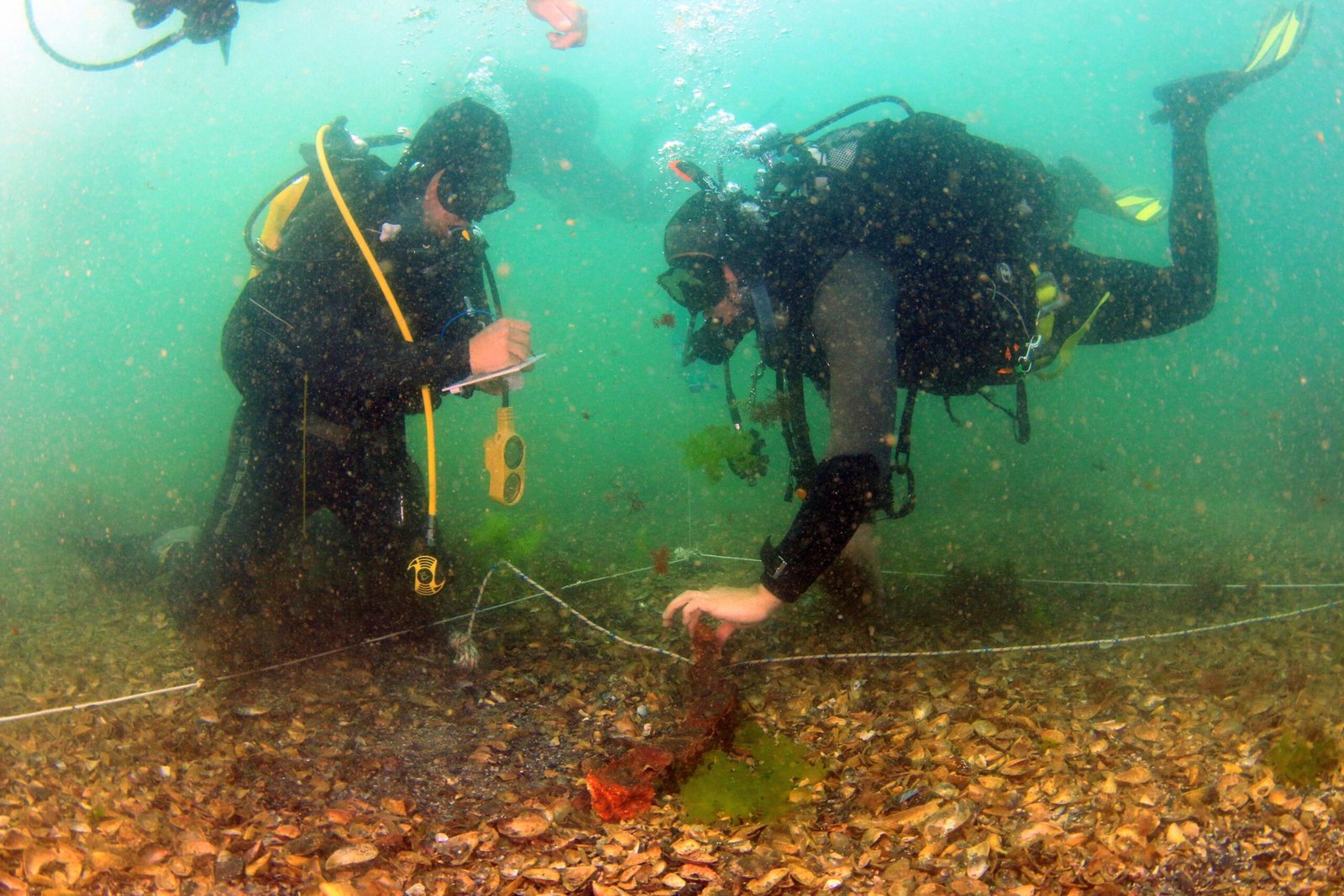
Modern archaeology has tools that would have seemed magical to earlier generations of researchers. High-resolution sonar, 3D photogrammetry, and satellite imaging now allow researchers to discover and document sites without physical excavation, while virtual reality reconstructions bring sunken cities and ships to life for audiences worldwide. This technological revolution is uncovering evidence that was simply invisible before.
Scientists are racing against time and rising tides to study prehistoric settlements now submerged by the North and Baltic seas, with historians and divers trying to retrieve prehistoric clues from beneath the waves. Each new survey reveals more complexity in how ancient peoples adapted to changing coastlines and sea levels. The scale of these discoveries suggests that our ancestors may have been far more sophisticated in their relationship with marine environments than previously understood.
Recent Claims and Scientific Scrutiny
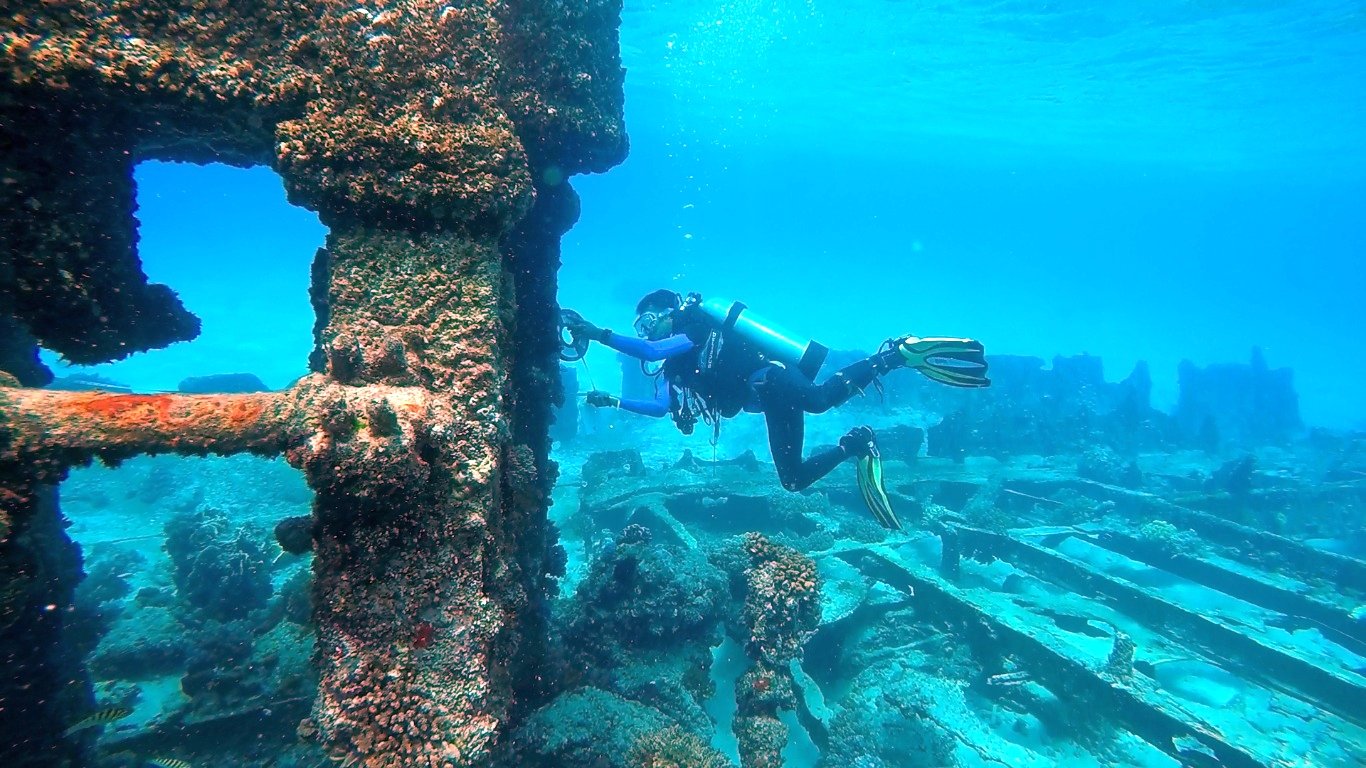
The archaeological community has been buzzing with recent claims by archaeologist Michael Donnellan, who believes he has located evidence of the real Atlantis civilization near Cádiz, Spain, presenting his findings at the Cosmic Summit in North Carolina. While most mainstream archaeologists remain skeptical, these claims highlight how modern technology is enabling more systematic searches than ever before.
Some researchers claim to have identified underwater structures that might correspond to ancient settlements in various locations. Whether or not these specific claims prove valid, they demonstrate how underwater archaeology has evolved from treasure hunting to systematic scientific investigation using cutting-edge techniques.
Challenging Traditional Academic Assumptions
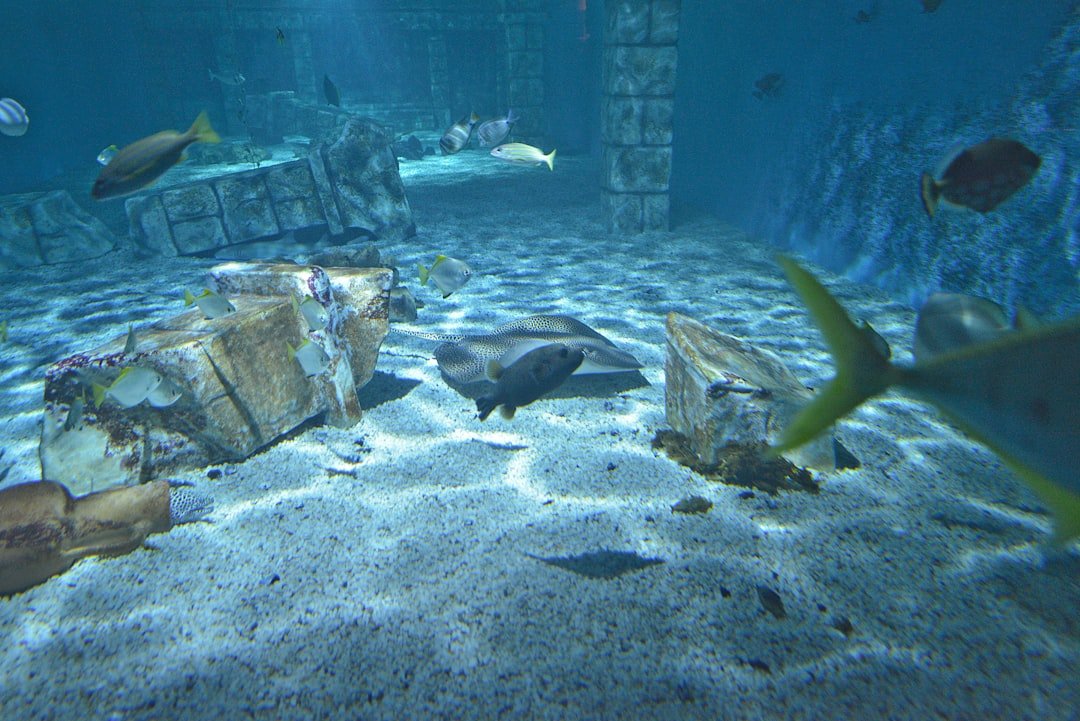
The academic establishment’s relationship with Atlantis has been complicated for generations. While archaeologists acknowledge there’s a good reason why we’ll never find it according to traditional thinking, the lack of evidence hasn’t stopped people from hunting for it, with real-life archaeologists like David S. Anderson reporting being barraged with questions about the island’s existence on a “daily” basis. This persistent public interest has pushed some scholars to reexamine their assumptions.
According to surveys, significant portions of Americans believe in ancient advanced civilizations, though exact percentages vary across different studies. Rather than dismissing these beliefs, some archaeologists are recognizing that public fascination with lost civilizations reflects genuine curiosity about human history that deserves serious engagement.
The Problem with Plato’s Timeline
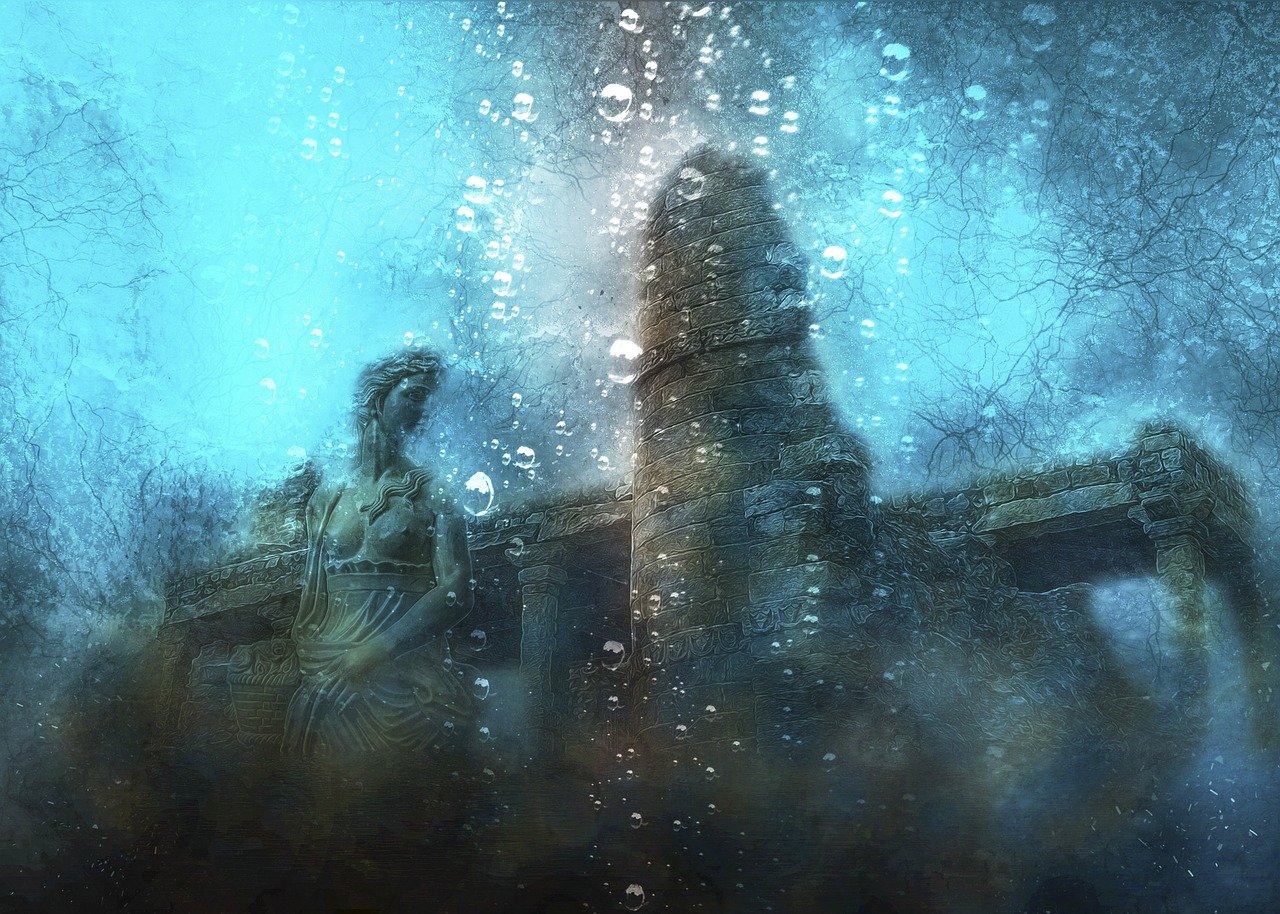
Modern scholars are increasingly questioning whether Plato’s famous 9,000-year timeframe should be taken literally. Plato’s account makes Athens 9,000 years old, yet there is no archaeological evidence it existed that long ago, but no modern scholar would argue this means Athens was fictional – it merely shows Plato’s account is not wholly accurate, refuting the logic that his statement about Atlantis’s timeline must mean it was fictional.
If we can establish when Atlantis was really supposed to have existed, we can potentially identify it with an actual civilization, and this date of around 1500 BCE is a perfect match for the Minoan civilization, which really did go to war against the Greeks during that time period with the Greeks winning, just like in the Atlantis legend. This reinterpretation transforms Atlantis from an impossible ancient tale into a possibly distorted memory of real Bronze Age conflicts.
New Perspectives Beyond Western Scholarship
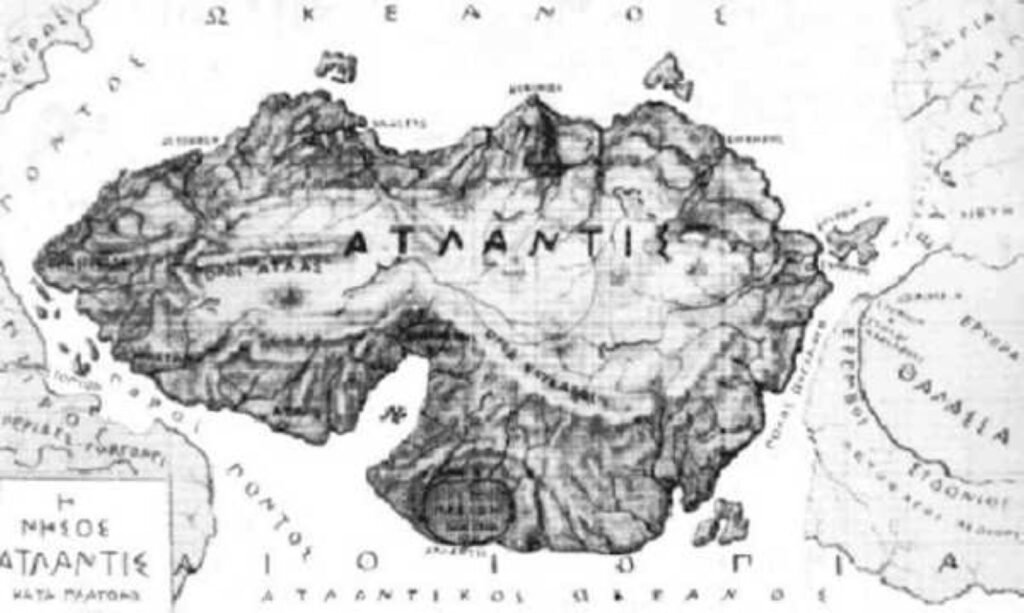
New perspectives suggest that alternative historical sources could reshape our understanding of the lost civilization’s origins, with critics pointing out that relying solely on Plato’s writings limits exploration, as his writings were among the last on Atlantis. This observation has opened up entirely new avenues of research that look beyond Greek philosophical traditions.
The conversation around the words Atlas and Atlantic continues, with some attributing their origins to Nahuatl rather than Greek, as the term ‘atl’ translates to water, tying ancient names to potential geographic and cultural interpretations of Atlantis. These linguistic investigations suggest that memories of lost lands and catastrophic flooding may have been far more widespread across cultures than previously recognized.
The Future of Atlantis Research
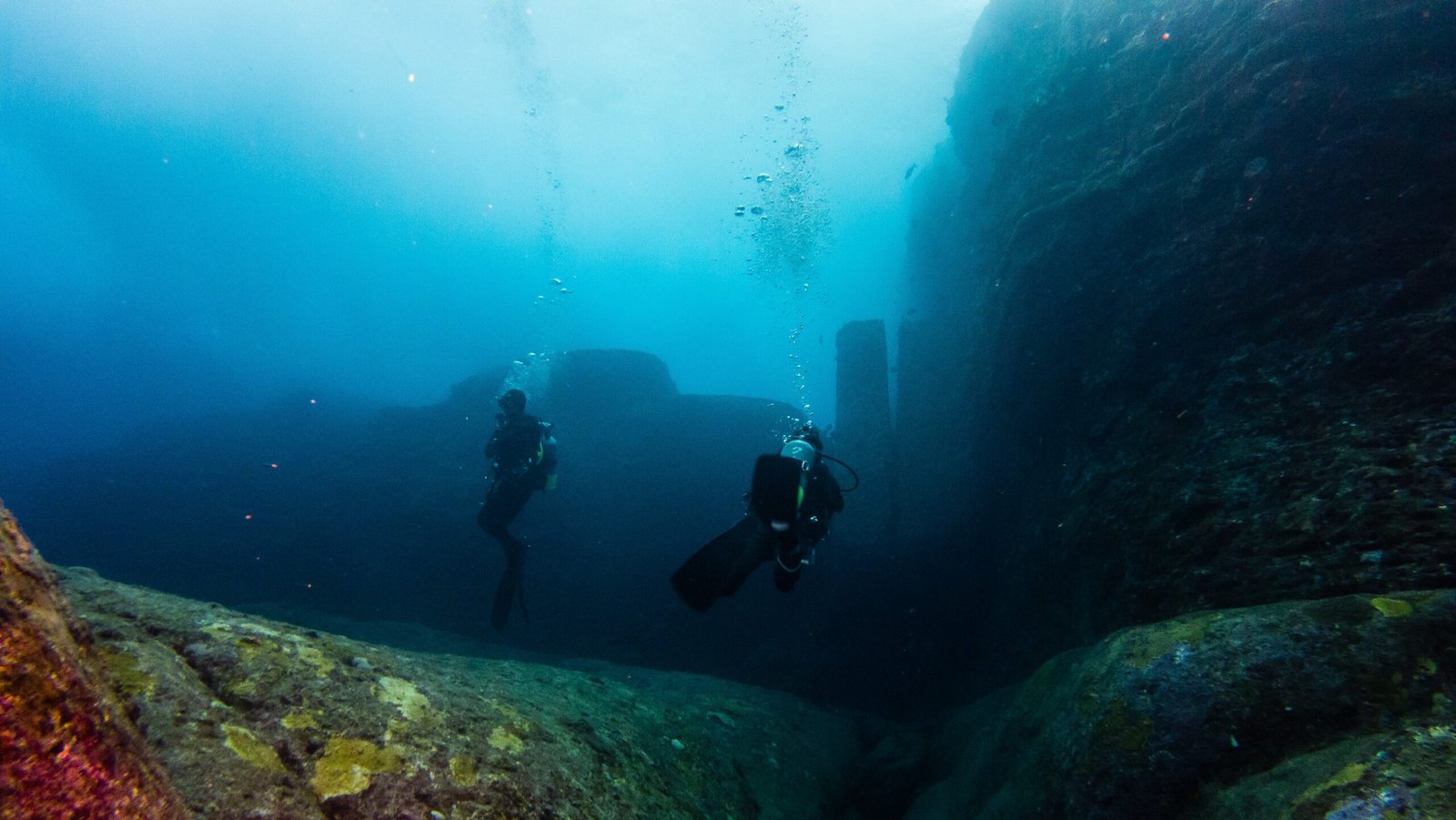
The search for Atlantis is evolving from speculation into systematic science. Much remains hidden with vast stretches of ocean floor unexplored, countless wrecks undiscovered, and many civilizations still waiting to be remembered, as the discipline is young with immense potential, requiring researchers to embrace wonder and dive into the unknown. This represents a fundamental shift in how archaeologists approach legendary accounts.
While the story of Atlantis may remain shrouded in mystery, it serves as a powerful symbol in the study of ancient civilizations, and whether Plato’s tale was fiction or based on real events, the search reflects our enduring desire to uncover the secrets of the ancient world, with advancing technology and new archaeological discoveries potentially allowing the myth to continue captivating imaginations. The question is no longer whether Atlantis existed, but how the stories we tell about lost civilizations connect us to real histories we’re still uncovering.
Rather than dismissing Atlantis as impossible fantasy or accepting it as literal truth, archaeologists are discovering a middle path – one where myths preserve distorted memories of real events, where advancing technology reveals previously impossible underwater worlds, and where public fascination drives scientific discovery in unexpected directions. The story of Atlantis isn’t ending; it’s just beginning to be properly told.

Jan loves Wildlife and Animals and is one of the founders of Animals Around The Globe. He holds an MSc in Finance & Economics and is a passionate PADI Open Water Diver. His favorite animals are Mountain Gorillas, Tigers, and Great White Sharks. He lived in South Africa, Germany, the USA, Ireland, Italy, China, and Australia. Before AATG, Jan worked for Google, Axel Springer, BMW and others.

